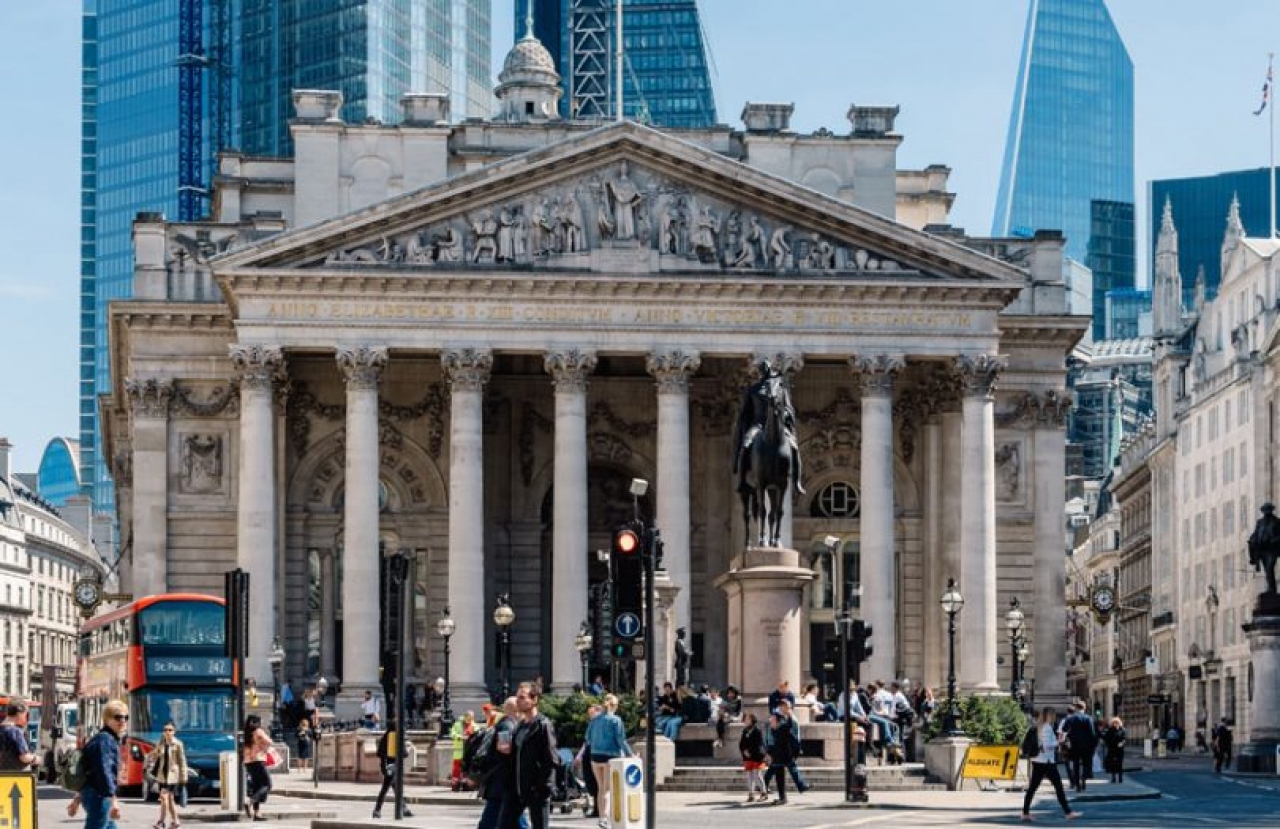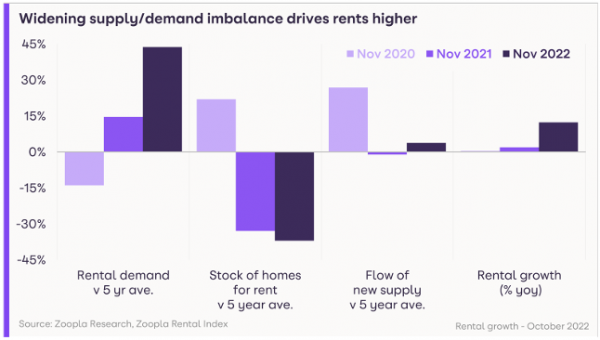Bank Of England – Inflation Report
August brought about another edition of the Bank of England’s quarterly Monetary Policy Reports. Given the year that we have had has been different to, perhaps, any other year on record, I was expecting this to be an interesting read. What I was mainly interested in was how inflation would affect the housing market, not only in prices, but the effect it might have on mortgages. What I aim to do in this article is offer answers on a few questions that arise when thinking about inflation and the property market, and also what the Monetary Policy Report has said.
What did the report say? To summarise, the vaccine rollout is leading to life returning to normal. It has helped spending , jobs and incomes to recover, heading back to pre-covid levels. Inflation is higher than the 2% target, at 2.5% with this expected to fall back on track in the coming months.
The big question for some people is ‘What is inflation?’. To put it simply, inflation is the phenomenon that occurs when there is a general increase in the price of goods and services, which in turn will lead to a fall in the purchasing value of money – the more money there is, the less it means.
So, how can inflation affect mortgages? In short, rising inflation and interest rates will inevitably lead to the cost of mortgage payments rising. As an example, in 1991, inflation rocketed into double figures. This led to the cost of mortgages following suit, and going through the roof. Property repossession increased to a record high as a lot of people simply couldn’t afford to keep up with their mortgage repayments. The situation was almost as bad for those who could afford to keep up as their property was now worth significantly less than when they paid for it. Is there anyway of counteracting this? Yes! Fixed rate mortgages.
Will this benefit lenders of borrowers? Inflation results in borrowers paying lenders back with money worth less than when it was originally borrowed. This benefits the borrower. However, when inflation leads to higher prices, we see an increase in demand for credit, which then raises interest rates, benefitting lenders. So who benefits more? Well, it’s hard to say – but ultimately no one.
Is this all down to Covid-19? Essentially, yes. And whilst the predictions were that we will be returning to more certain times, the Delta variant was still a big talking point in the Current Economic Conditions section of the report. Following the economic crash last year at the beginning of the pandemic, we have seen a steady increase in spending, and a steady fall in unemployment. Indeed, at the moment there are talks of wage inflation – where companies are rapidly increasing wages so as to entice the best candidates to swell their ranks, as opposed to signing on for rival companies. Starting salaries are at a seven-year-high according to a report on Bloomberg.
Should wage growth continue, we could fully expect spending to remain high, this in turn could fuel further inflation. Ultimately the Bank of England will have to step in and raise rates to curtail this vicious inflation hiking spiral, if they wait to long this will need to be more aggressive and could hurt borrowers and the housing market greatly. At the moment at least half the BOE board are happy to sit on their hands and hope that the inflation remains transitory. At Abode we are certainly hoping that is the case.
By Sam Herbert






Share this with
Email
Facebook
Messenger
Twitter
Pinterest
LinkedIn
Copy this link